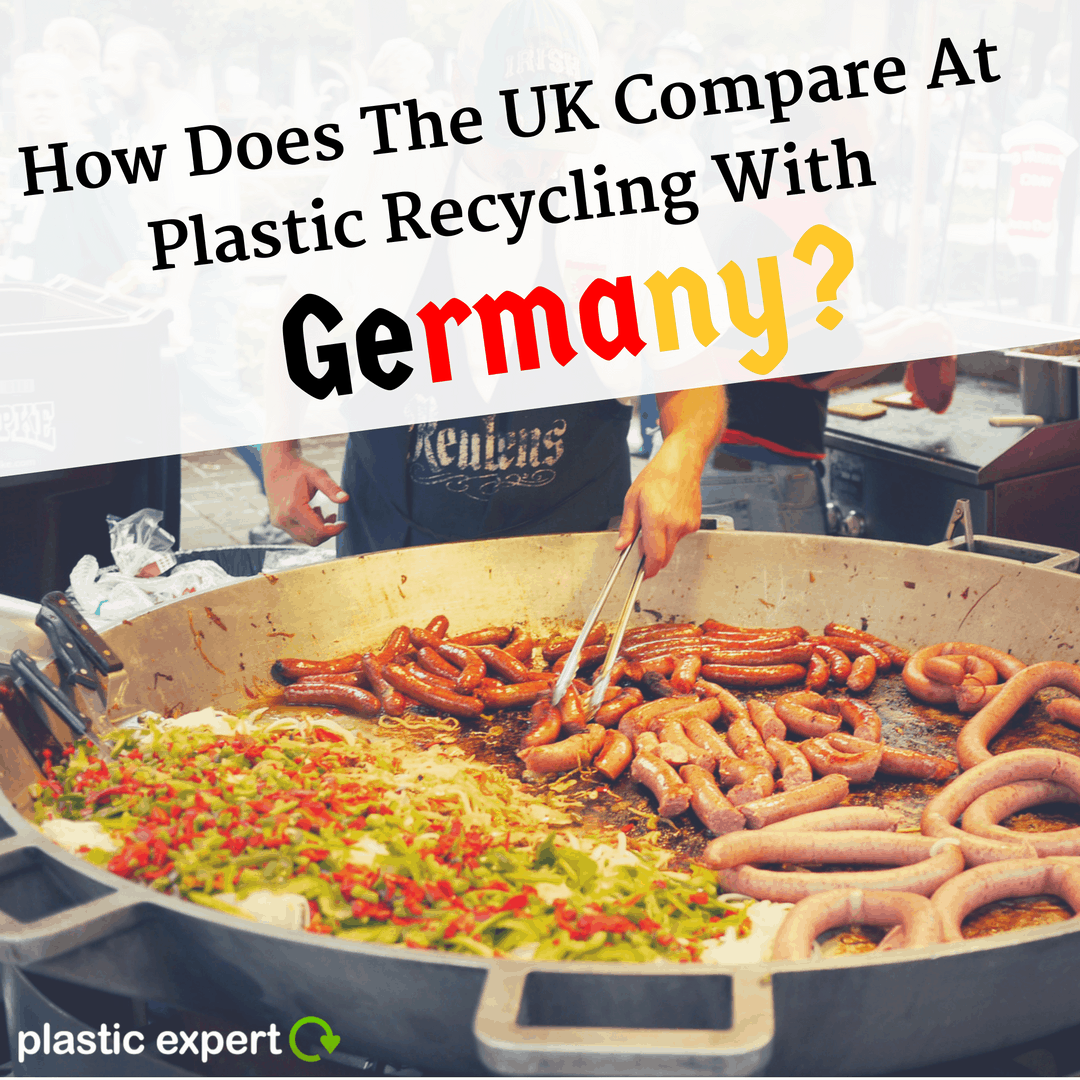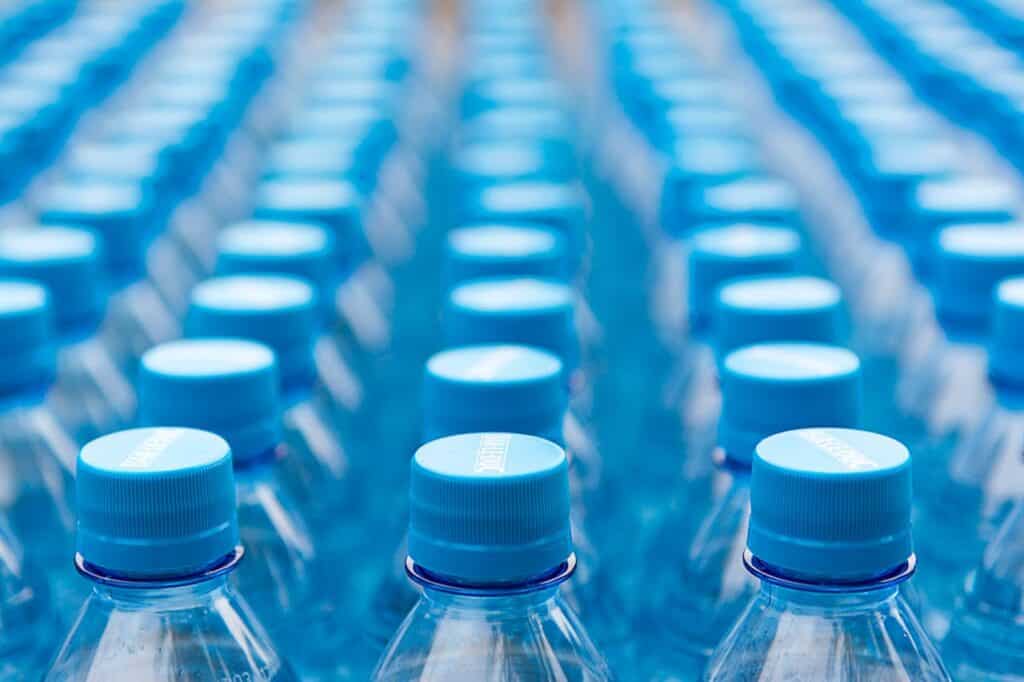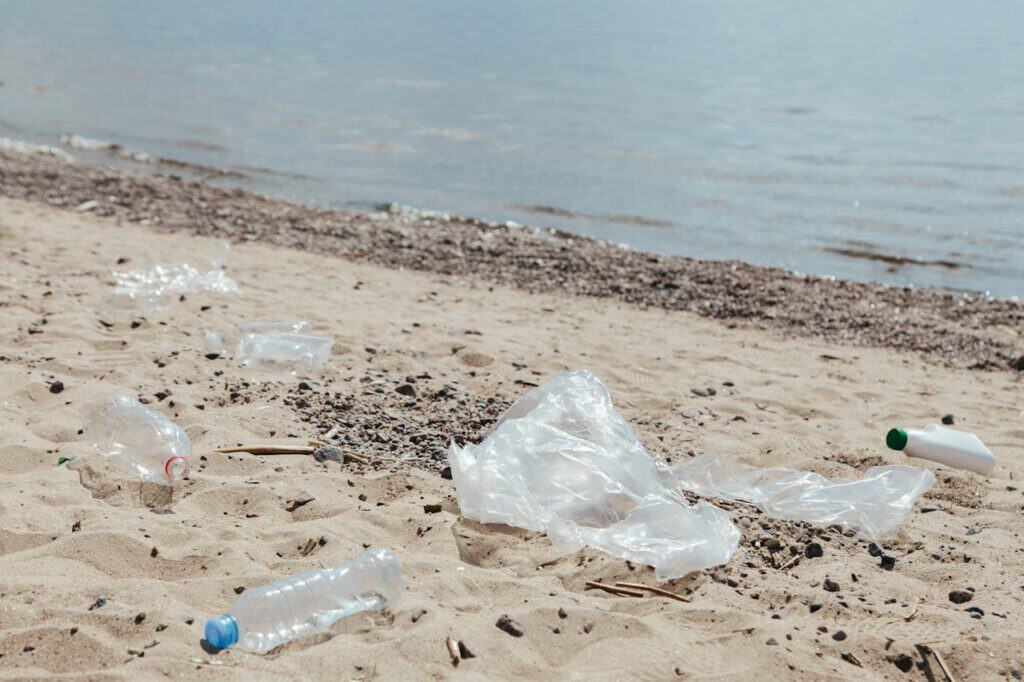In Part One of this series, we looked at the Netherlands, and how we, the UK, compare with them in regards to Plastic Recycling. Now, it’s Germany’s turn.
Many people are beginning to believe that the world is on the brink of a revolution, with rapidly growing dense inner-city populations and ultra-modernised technology making us more connected, and yet more on edge than ever. These permutations in development have caused many nations and individuals to desert the tangent that had been causing immense destabilisation, less integration of useful resources and the exploitation of scarce natural resources.
The amount of waste disposed of directly correlates to the amount consumed by the average person in Europe, and with the number of people rising, so is the total volume of waste. Over many years, this has helped us see a significant rise in waste disposal systems, namely landfills, incinerators, recycling plants and more. However, the growth of these systems is only a natural response to a waste pandemic, and it could be argued that fewer systems being put in place over the last decade would have been a greater success, if it meant we had learned to produce less waste.
Plastic is not biodegradable, meaning it takes a long time (if ever) to naturally break down, resulting in overflowing landfills and a waste material that may never reduce in size, but will only continue to grow. This very reason has encouraged movements across both Germany and the United Kingdom to tackle the problem by recycling the maximum amount of plastic waste accumulated in homes, businesses and construction sites. 41% of Europe’s waste is made up of plastic, and with the continent being so well developed, yet accounting for less than 10% of the world population, it’s not wholly surprising to hear that 22% of the world’s produced plastic is sent to us.
The amount of recycling in Germany and the UK has been fluctuating over the years, with notable differences in the policies, methods and government funded awareness campaigns. This has caused the UK to suffer and lag behind Germany in the endeavour to recycle and reuse plastic waste materials. Whether this means that Germany takes recycling, and plastic recycling, more seriously is something that could be argued.
Germany has contributed massively to the European Union’s waste initiatives by working solidly to reduce waste produced per head and create a cohesive national recycling strategy. The German waste disposal system combines with other businesses and influencers to recycle around 63 percent of the country’s plastic waste, to use it in different medium and forms. One of the most common ways is to make use of recycled plastic as an alternative to fuel burning materials such as gas and petrol. The steam produced by these burning processes is made use of to produce electricity in Germany and in the nation’s large manufacturing infrastructure. It could be as a response to Germany’s large production and manufacturing industry that they are so consciously dedicated to tackling their own waste, and if so, they deserve much merit.
The UK alone produces up to 9 million tonnes of plastic every year, which works out at nearly 20kgs per person, per day! Of course, the great weight of the waste comes not from domestic households, but from businesses, and especially the construction industry. Many initiatives have been implemented over the years to improve the organisation of our nation’s recycling system, but unfortunately despite this, we have only reached the discouraging figure of 22% (for plastic recycling). This leaves us way behind other European countries, who average a 37.2% plastic recycling rate. The UK must act fast to avoid falling further behind, and we here at Plastic Expert believe an improved business recycling system could hold the answer.
See this post about our FREE business recycling service for more information.
With the recent ‘decision’ by the UK to signal an impending exit from the EU, the future of environmental issues, such as plastic recycling, is essentially up in the air. The Green Party of England and Wales as well as other pro-environment groups could still refocus efforts in the UK government to address these pressing matters, though without the force of the EU to set high targets, many question how effective the new system will be. Surprisingly, since the Brexit decision, cardboard recycling prices have risen, so it remains to be seen what will happen in regards to plastic. Still, it’s comforting to know that many businesses do not need to change their policies, especially those that operate recycling factories, as there will still certainly be an abundance of material that requires recycling. The UK can only hope that with more freedom to set their own laws, they can reverse the trend and instead become one of Europe’s best recyclers. Perhaps though, Germany, Austria and Switzerland may have something to say about that!








